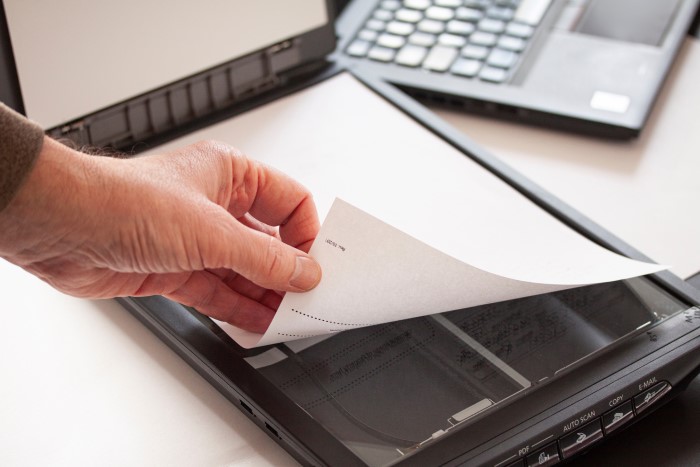The Justice Department recently concluded a three-year investigation into the practice of sharing computerized reservation systems with airlines. The government argued that this practice gave carriers the right to raise fares whenever they pleased. Even though the case has been in progress for years, it has recently taken a turn toward the positive. Last month, USAir and United Airlines settled a lawsuit over the practice. These carriers agreed not to announce fare increases in advance or to end discount fares, but six other carriers are fighting the lawsuit.
The judge said the city’s 2016 investigation did not apply to this case because the airline was not required to notify passengers of security threats.
This decision has raised legal questions about the government’s responsibility to investigate such incidents. The case will also determine the standards that airlines must follow when warning of a potential security threat. The case is a case about how to respond to a real threat. The plaintiff, Jeffrey Bone, claims he did not receive an alternate flight and sought a refund after the airline canceled his flight in May 2020.
The number of families who have filed airline lawsuits may grow to hundreds tomorrow, according to Mary Schiavo, former inspector general for the Department of Transportation. While lawsuits can take up to three years to resolve, the number of lawsuits may rise as the statute of limitations for filing them expires. Currently, more than sixty-seven families are pursuing compensation against the airline. But the amount of compensation varies depending on the ages of the victims, whether they have dependents, and how much the deceased person earned.
The case against Southwest Airlines is based on negligence on the part of the airline’s employees.
The airline should have taken steps to prevent Reinhardt’s suitcase from falling into the overhead bins. He claims the flight attendants should have noticed his struggle. However, the large suitcase fell on him, injuring his shoulder, elbow, and right forearm. Southwest has not responded to the lawsuit, but it is worth mentioning. The lawsuit is being handled by the Department of Justice and the Federal Aviation Administration.
To pursue an airline lawsuit, passengers must first establish that the airline breached its duty of care. A breach of duty of care occurs when the airline fails to ensure its staff is adequately trained. For example, if the airline failed to provide adequate training to its flight attendants about proper luggage handling, the passenger may be able to file a personal injury lawsuit against the airline. In addition to compensation for pain and suffering, passengers can also recover lost wages and medical expenses.
British Airways is another example.
The airline allegedly failed to provide adequate security and denied refunds to passengers affected by the coronavirus pandemic. According to the Daily Mail, the airline has since removed this refund option from their website, despite evidence suggesting otherwise. Its coercive selection of a voucher is an excuse for refusing to issue a refund, and many passengers are unhappy with the result. The lawsuit is expected to continue.
In addition to airlines, some smaller firms are filing lawsuits against the U.S. government over new rules in Alaska. Alaska Central Express Inc., a San Diego-based airline, also filed suit against the new rules. They claim that the rules violate the Constitution and limit competition in rural mail programs. They want unspecified damages for not being allowed to join this program. These companies are trying to regain some lost ground after a decade of declining travel.
A lawsuit against Southwest Airlines was filed by Medora Clay Reading, a woman who claimed she was denied air travel after removing her mask to drink water.
Southwest Airlines declined to comment on the suit. She is seeking $10 million in damages. The lawsuit also asks the airline to allow disabled passengers to remove their masks for medical reasons. If you are planning to sue the airline, be sure to check the terms and conditions before filing a lawsuit.
Airlines are usually responsible for accidents that their employees cause. A Delta Airlines flight attendant, for example, maybe responsible for separating a passenger from an assistive device. In addition, the airline may be liable if its staff failed to warn passengers of turbulence, fail to respond to an emergency, or neglects to warn of turbulence. If you have been injured due to this situation, you can file a lawsuit against Delta Airlines.



